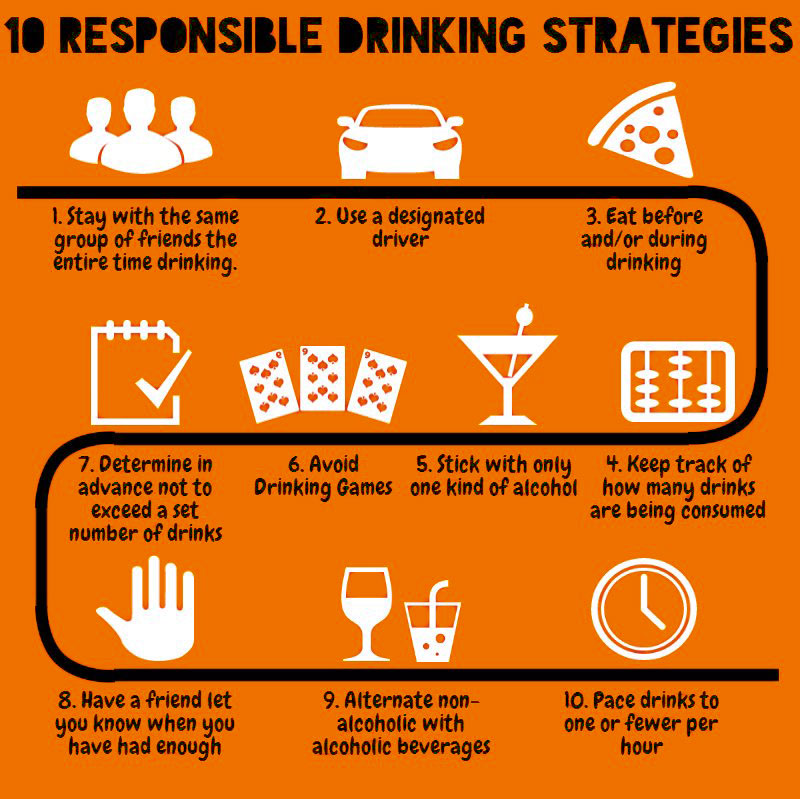Discover the science behind alcohol metabolism and intoxication levels – what really happens inside our bodies when we drink?
Table of Contents
Have you ever found yourself pondering the age-old question: How many beers does it take to get drunk? It’s a query that has crossed the minds of many, whether out of curiosity or a desire to understand their own alcohol tolerance. In this blog post, we will delve deep into the science behind alcohol metabolism, individual tolerance levels, and the various factors that can influence intoxication levels.
Understanding Alcohol Metabolism
Alcohol metabolism is a complex process that occurs in the liver once alcohol is consumed. The liver breaks down alcohol using enzymes like alcohol dehydrogenase and aldehyde dehydrogenase. These enzymes convert alcohol into acetaldehyde and then into acetate, which is eventually broken down into carbon dioxide and water.
The rate at which your body metabolizes alcohol can vary based on factors such as age, weight, and gender. Generally, it takes about one hour for the liver to metabolize one standard drink, which is equivalent to 12 ounces of beer containing approximately 5% alcohol.
Individual Tolerance Levels
Individual tolerance levels to alcohol can differ significantly. Factors such as genetics, weight, age, and drinking history all play a role in determining how quickly a person becomes intoxicated. Those with a higher tolerance may require more drinks to feel the effects of alcohol compared to those with a lower tolerance.
Occasional drinkers or individuals with a lower tolerance level may start feeling the effects of alcohol after just one or two drinks, while regular drinkers may require more to reach the same level of intoxication. It is essential to understand your own tolerance level and drink responsibly to avoid potential negative consequences.
Factors Influencing Intoxication
Various factors can influence how intoxicated you feel after consuming alcohol. Drinking on an empty stomach, for example, can lead to faster absorption of alcohol into the bloodstream, potentially increasing the effects of intoxication. Mixing alcohol with other substances, such as medications or energy drinks, can also have unpredictable effects on your level of intoxication.

Image courtesy of via Google Images
Emotional state and overall health can further impact how alcohol affects you. Stress, fatigue, or certain medical conditions may heighten the effects of alcohol, making you feel drunker than usual even after consuming a relatively small amount of alcohol. Understanding these factors and their influence on intoxication levels can help you make informed decisions about your drinking habits.
Conclusion
As we have explored in this blog post, the question of how many beers it takes to get drunk is multifaceted and influenced by various biological and environmental factors. Understanding alcohol metabolism, individual tolerance levels, and the factors that can impact intoxication levels is crucial for making responsible decisions when it comes to alcohol consumption.
Before you raise your next glass, take a moment to consider your own tolerance level, the circumstances in which you are drinking, and the potential risks associated with alcohol consumption. By staying informed and mindful of your alcohol intake, you can enjoy a safer and more responsible drinking experience.
How does alcohol metabolism vary between individuals?
Alcohol metabolism can differ based on factors like genetics, weight, age, and drinking history. These variables influence how quickly a person processes alcohol, ultimately affecting their tolerance levels and intoxication.
Can mixing alcohol with other substances impact intoxication levels?
Yes, combining alcohol with medications or energy drinks can have unpredictable effects on intoxication levels. It may intensify the effects of alcohol, leading to heightened intoxication levels.
Why is it important to understand your own alcohol tolerance?
Understanding your alcohol tolerance helps you make informed decisions about drinking responsibly. Knowing your limits can prevent dangerous intoxication levels and reduce the risk of negative consequences associated with alcohol consumption.
What role does emotional state play in alcohol intoxication?
Emotional factors like stress or fatigue can amplify the effects of alcohol, making you feel drunker than usual. Emotions and overall health can significantly impact your intoxication levels, highlighting the importance of considering these factors when consuming alcohol.
Generated by Texta.ai Blog Automation


Leave a Reply